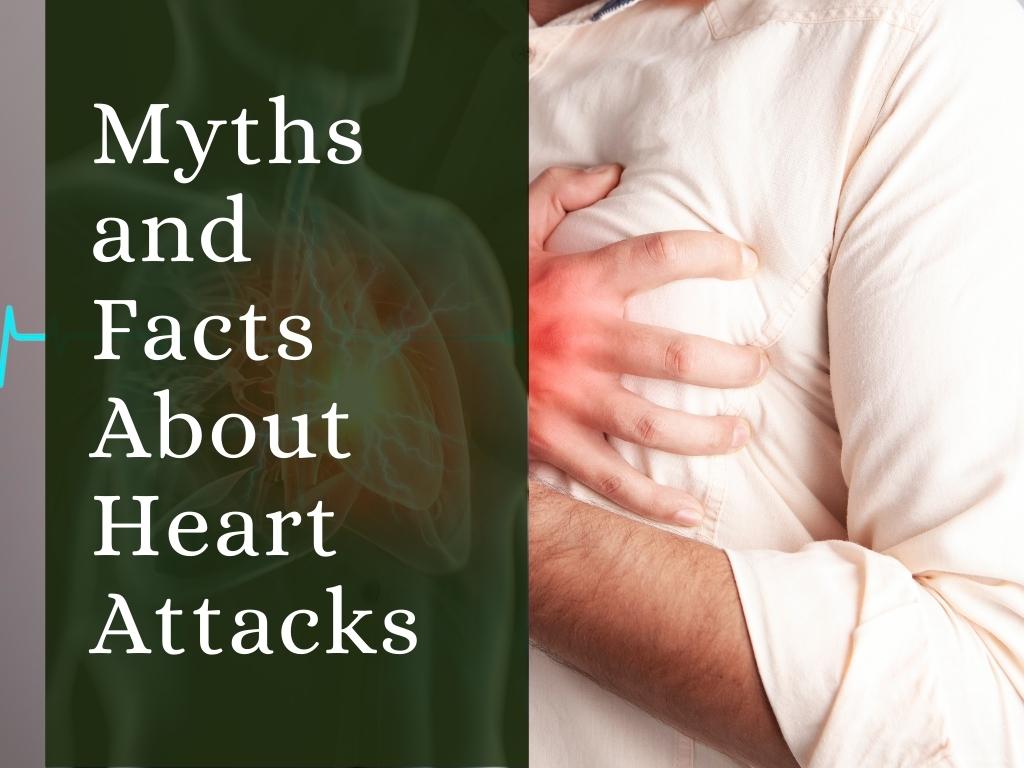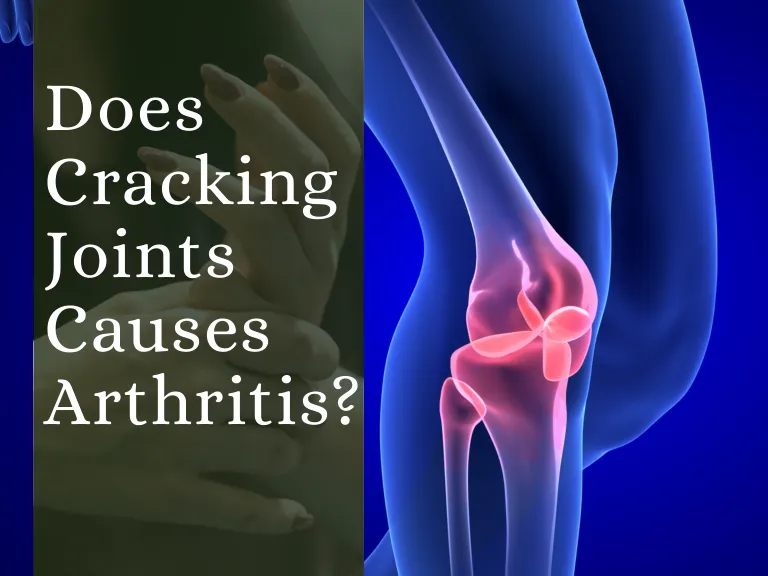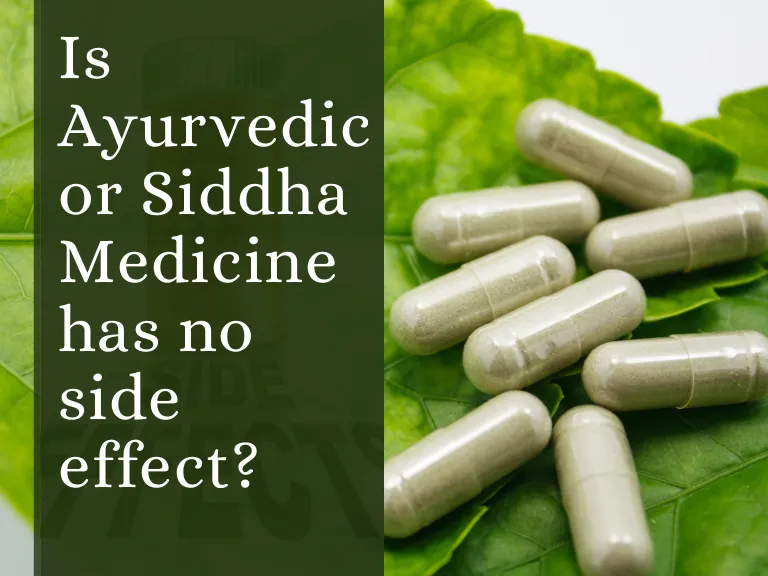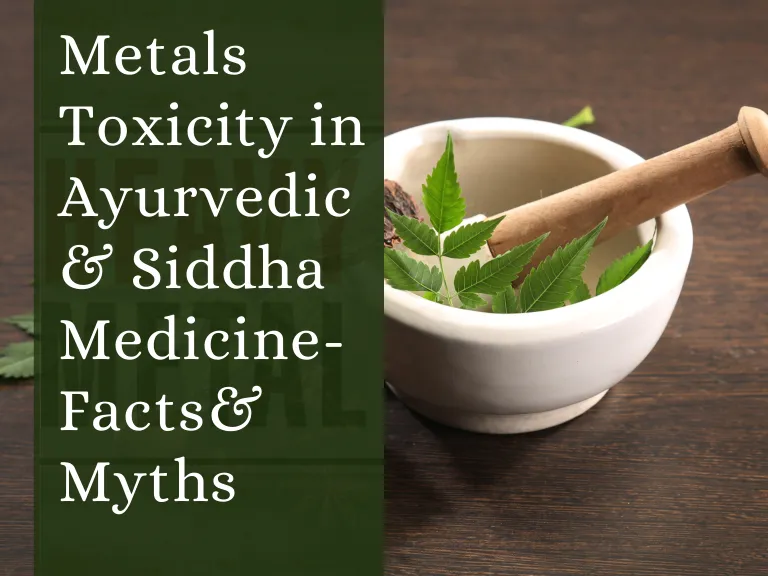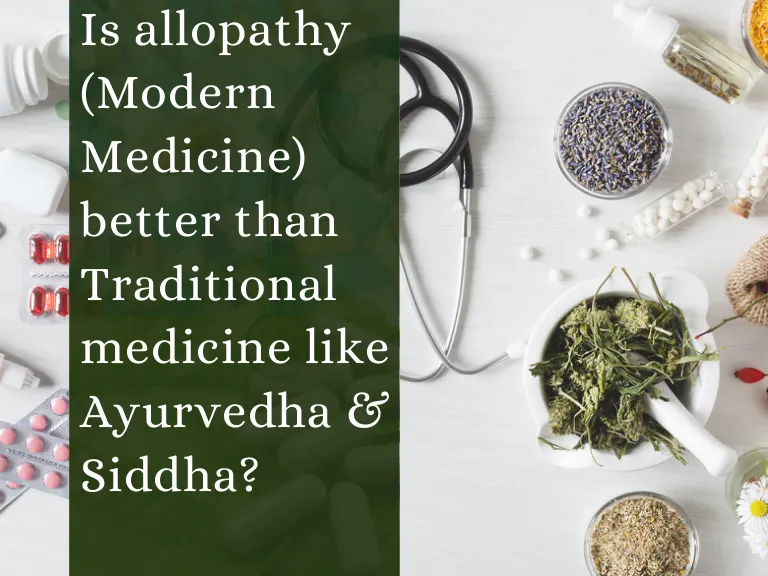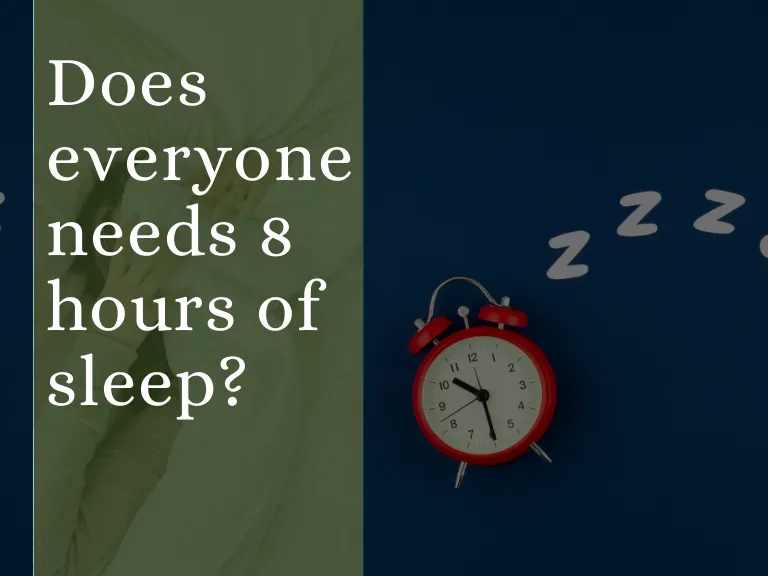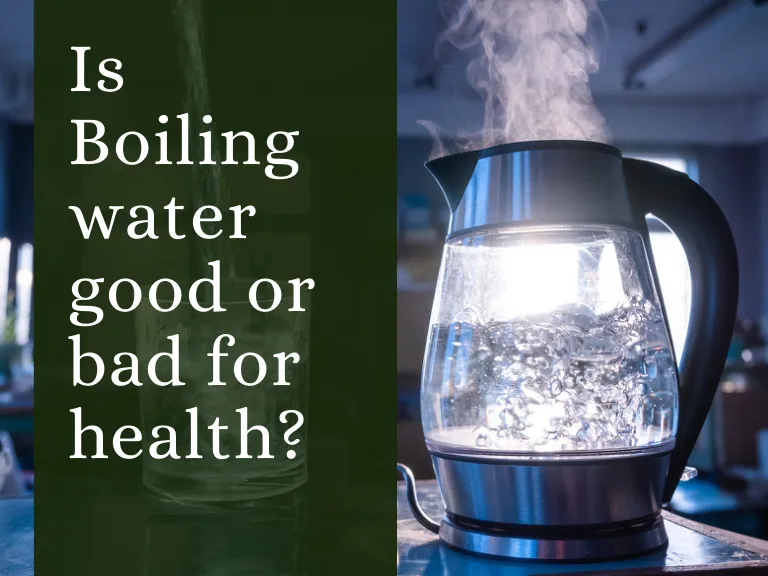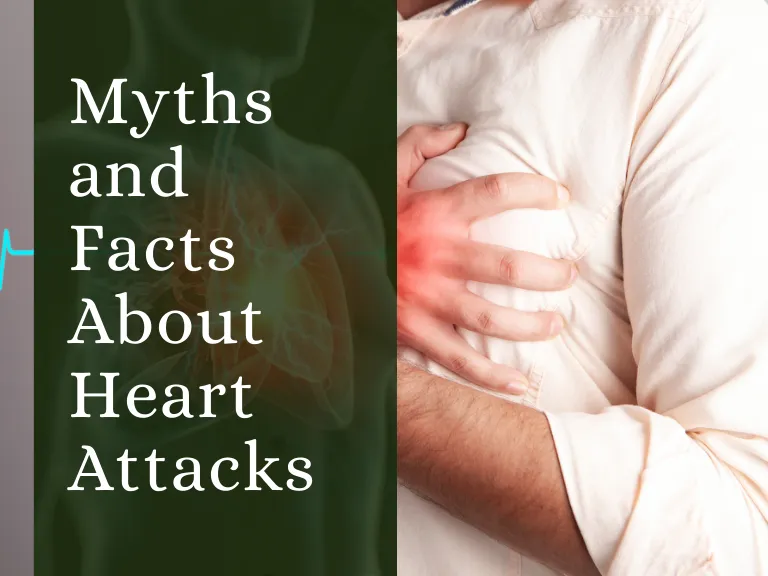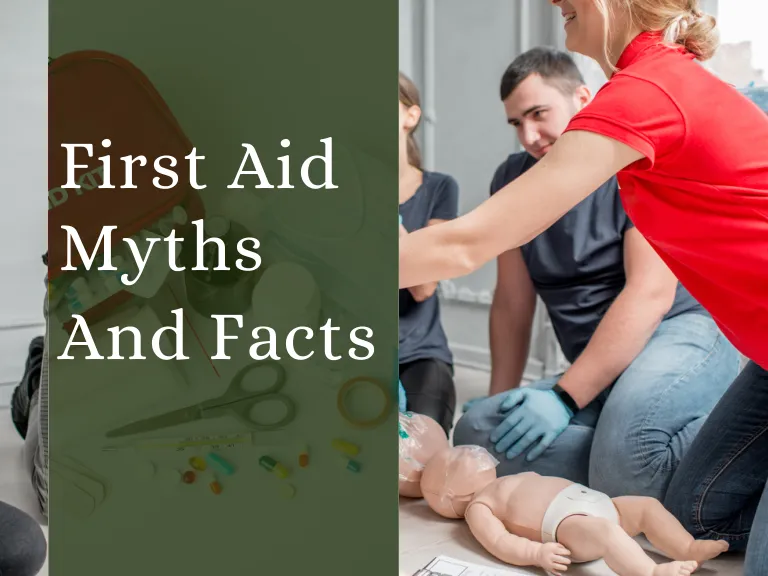Know about heart disease
-
 Nalamaree Team
Nalamaree Team
- 09 May 2024
Myth: Only older adults have heart attacks.
Fact: While heart attacks are more common in older adults, they can occur at any age, including in young adults and even teenagers.
Myth: Heart attacks only happen to men.
Fact: Heart attacks can occur in both men and women. However, women may experience different symptoms or have subtler signs of a heart attack compared to men.
Myth: Heart attacks always cause chest pain.
Fact: While chest pain or discomfort is a common symptom of a heart attack, it's not the only one. Some people may experience symptoms such as shortness of breath, nausea, vomiting, jaw pain, or back pain.
Myth: Heart attacks always happen suddenly.
Fact: Heart attacks can develop over time, with symptoms gradually worsening. Some people may have warning signs and symptoms leading up to a heart attack, such as chest discomfort during physical activity.
Myth: Heart attacks only occur in people with high cholesterol or high blood pressure.
Fact: While these are risk factors for heart disease and heart attacks, they are not the only ones. Other risk factors include smoking, obesity, diabetes, family history, sedentary lifestyle, stress, and unhealthy diet.
Myth: You can cure a heart attack by coughing or taking deep breaths.
Fact: Coughing or taking deep breaths cannot cure a heart attack. If you suspect you or someone else is having a heart attack, seek emergency medical help immediately by calling emergency services.
Myth: Once the chest pain goes away, the heart attack is over. Fact: The symptoms of a heart attack can come and go. It's essential to seek medical attention even if the symptoms seem to improve or disappear.
Myth: If you're having a heart attack, you shouldn't take aspirin.
Fact: Aspirin can help reduce the risk of blood clots and is often recommended during a suspected heart attack. However, you should only take aspirin if advised by a healthcare professional, as it can interact with other medications and conditions.

